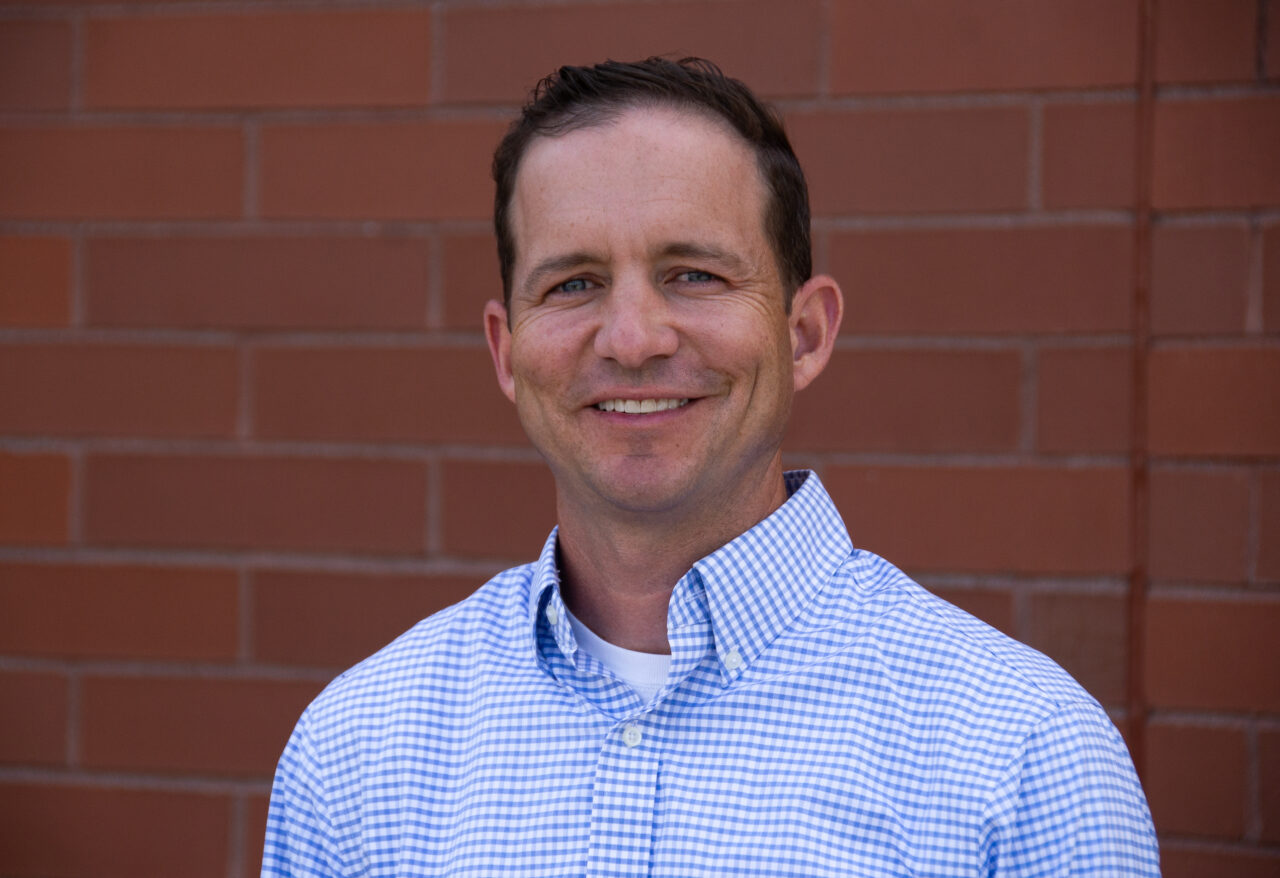New Book Explores Religion in the 19th Century Marketplace

There are few things as deeply embedded in the American consciousness as the ideas of religion and capitalism. Assistant Professor of History Joseph Slaughter’s new book talks about the connection between those two aspects of the national psyche and how Christian capitalism developed in the first half of the 19th century.
The book, entitled Faith in Markets: Christian Capitalism in the Early American Republic, was published in November by Columbia University Press. In the first half of the 19th century, the United States saw both a series of Protestant religious revivals and the dramatic expansion of the marketplace. “It’s easy for us to forget today how much religion was in the cultural river of society 200 years ago,” Slaughter said.
The book examines three different 19th century enterprises and how they envisioned how a Christian marketplace might work. A firm operated a sophisticated textile factory as the business side of a model religious community. A stagecoach company would not provide service on Sunday, attempting to reform society by outcompeting less pious businesses. A publisher sought to “elevate American culture through commerce” by producing lavishly illustrated Bibles.
“I found that there were a variety of ways that people were engaging in the marketplace, but very few of them were without some critique of the emerging capitalist system,” Slaughter said.
The tension between religion and capitalism is still in the headlines. Slaughter can draw a direct line between those early enterprises and modern corporations that espouse a religious bent, like Hobby Lobby and Chick-Fil-A. He also points to other 21st century organizations like Whole Foods, and the messianic space race rhetoric of Jeff Bezos and Elon Musk (also written about by Professor of Religion Mary-Jane Rubinstein in her book Astrotopia.) as part of a similar conversation.
“One commonality (between the 19th century and modern businesses) would be controversy. Even though there was more public rhetoric about religion 200 years ago than today, those businesses were just as controversial,” Slaughter said.
Through his research into the history of the practice in America, Slaughter has seen that faith-based capitalism, in its best iteration, causes people to potentially see beyond just profits and to look at communities holistically, espousing fair treatment for workers, customers, and suppliers. The companies he talks about in the book attempted cultural and economic reform, both through the example they set in the marketplace and through the occasional legislative effort. However, religion can also be used to exclude people in the marketplace, Slaughter explained.
He points to the irony of the anger on the part of the Christian right towards organizations like Target and Disney who have expressed progressive policy views. “It’s not a new thing in American history and it has been something that we’ve been having a tug of war over and arguing about for a couple of hundred years,” Slaughter said.
One of the lessons that the 19th century entrepreneurs taught is the same now as it was then: “Everyone brings their values into the marketplace,” Slaughter said.

